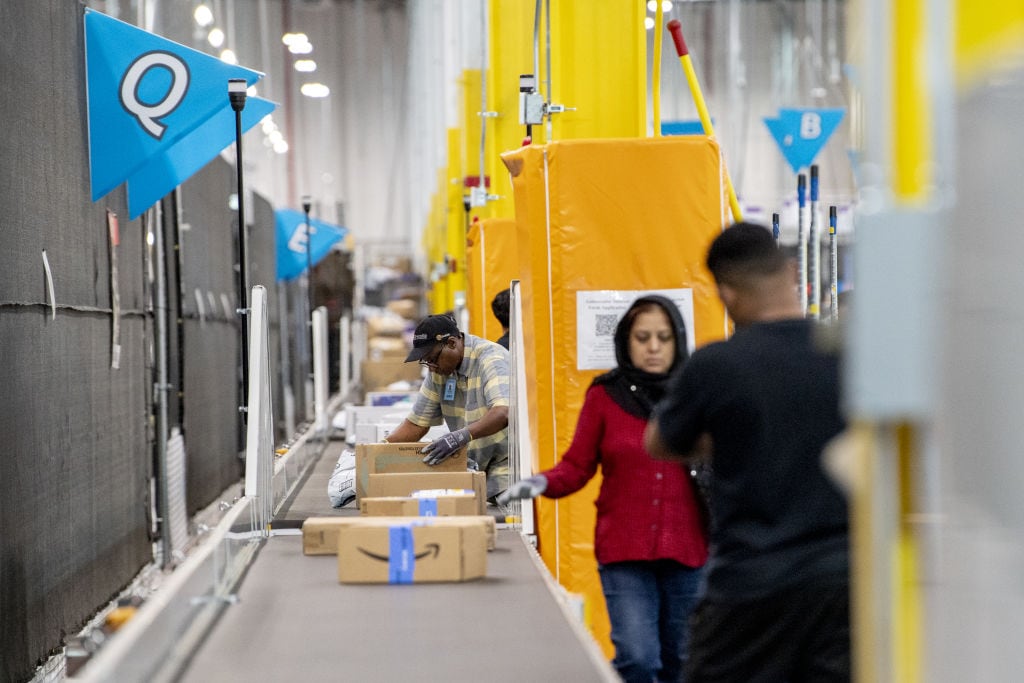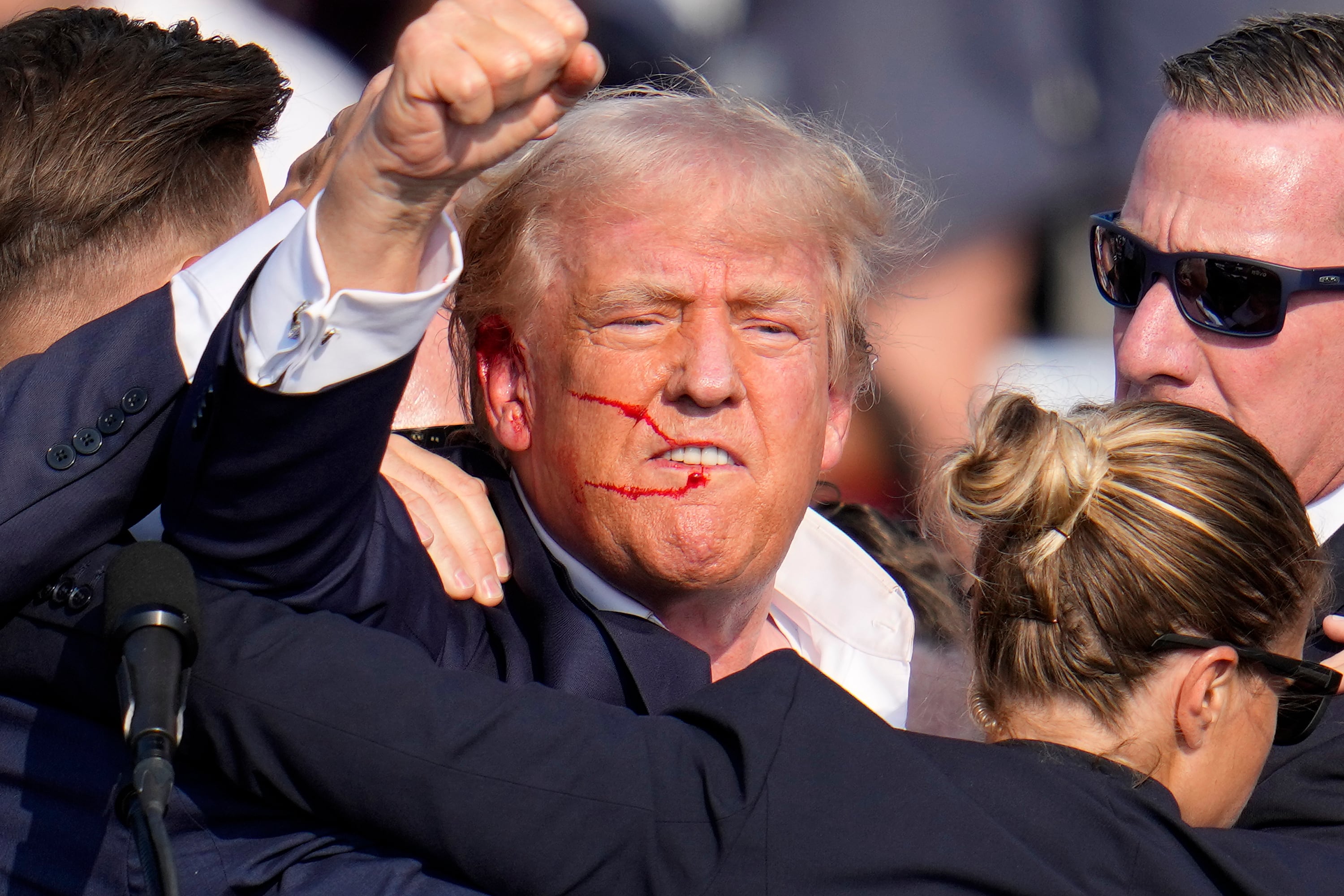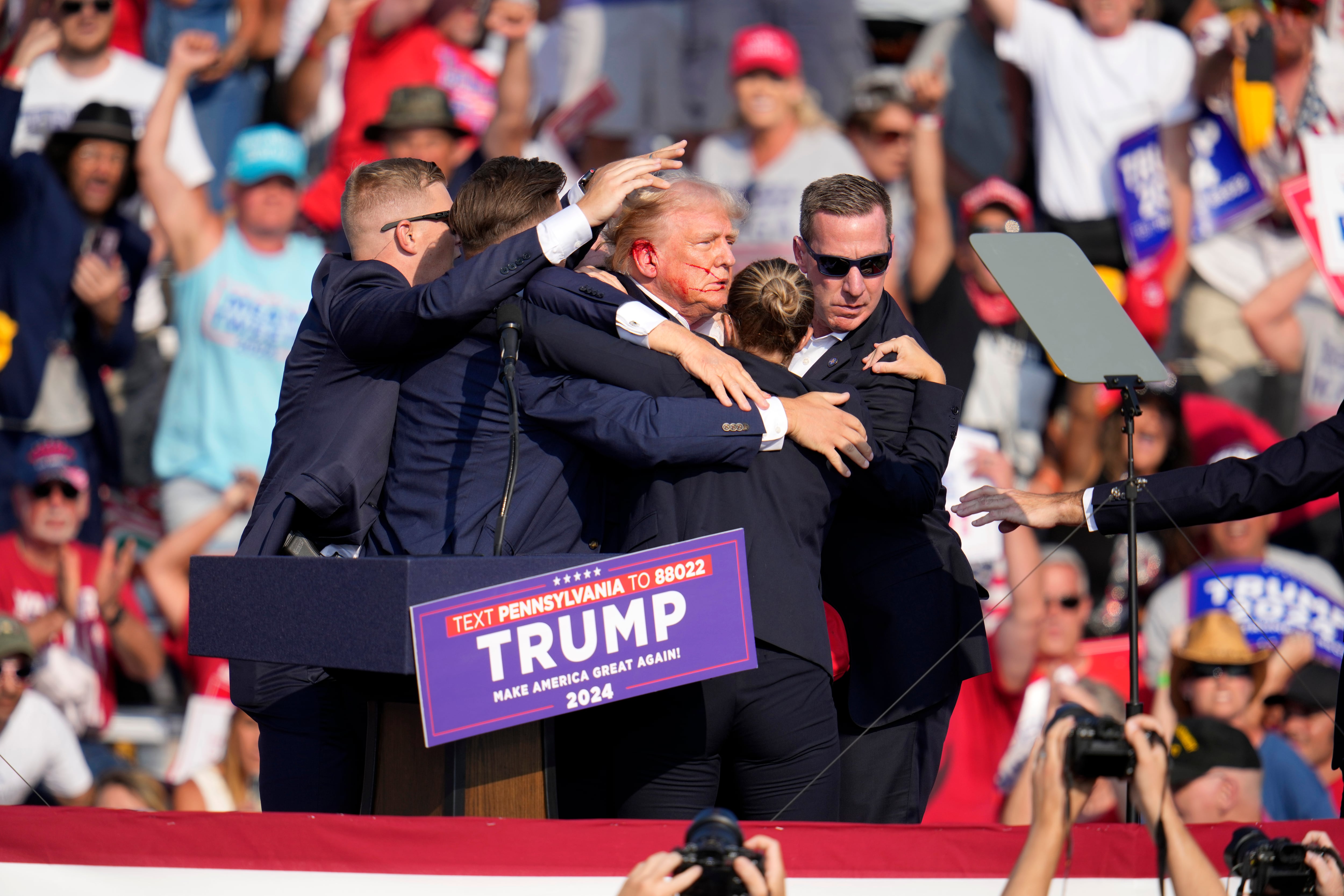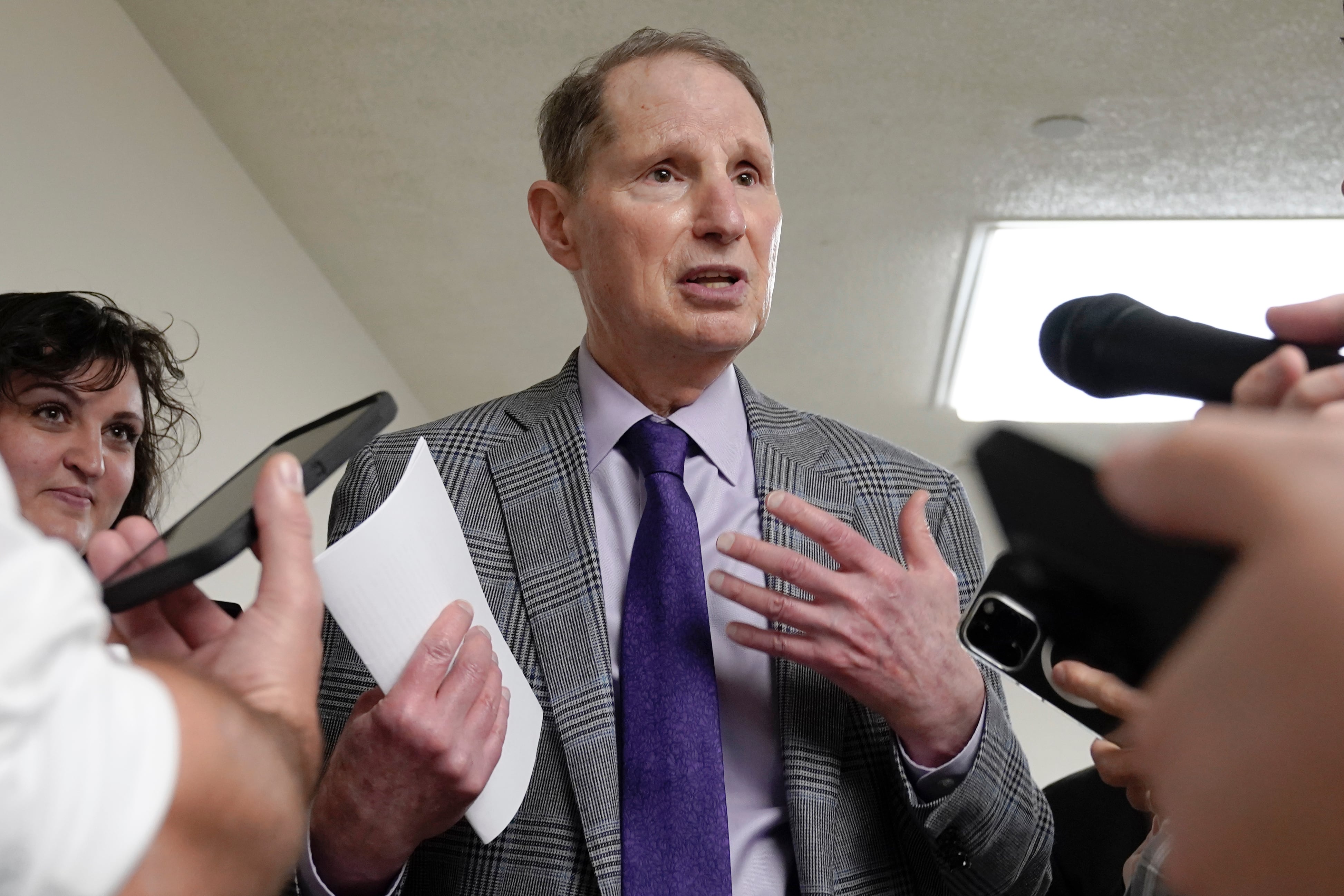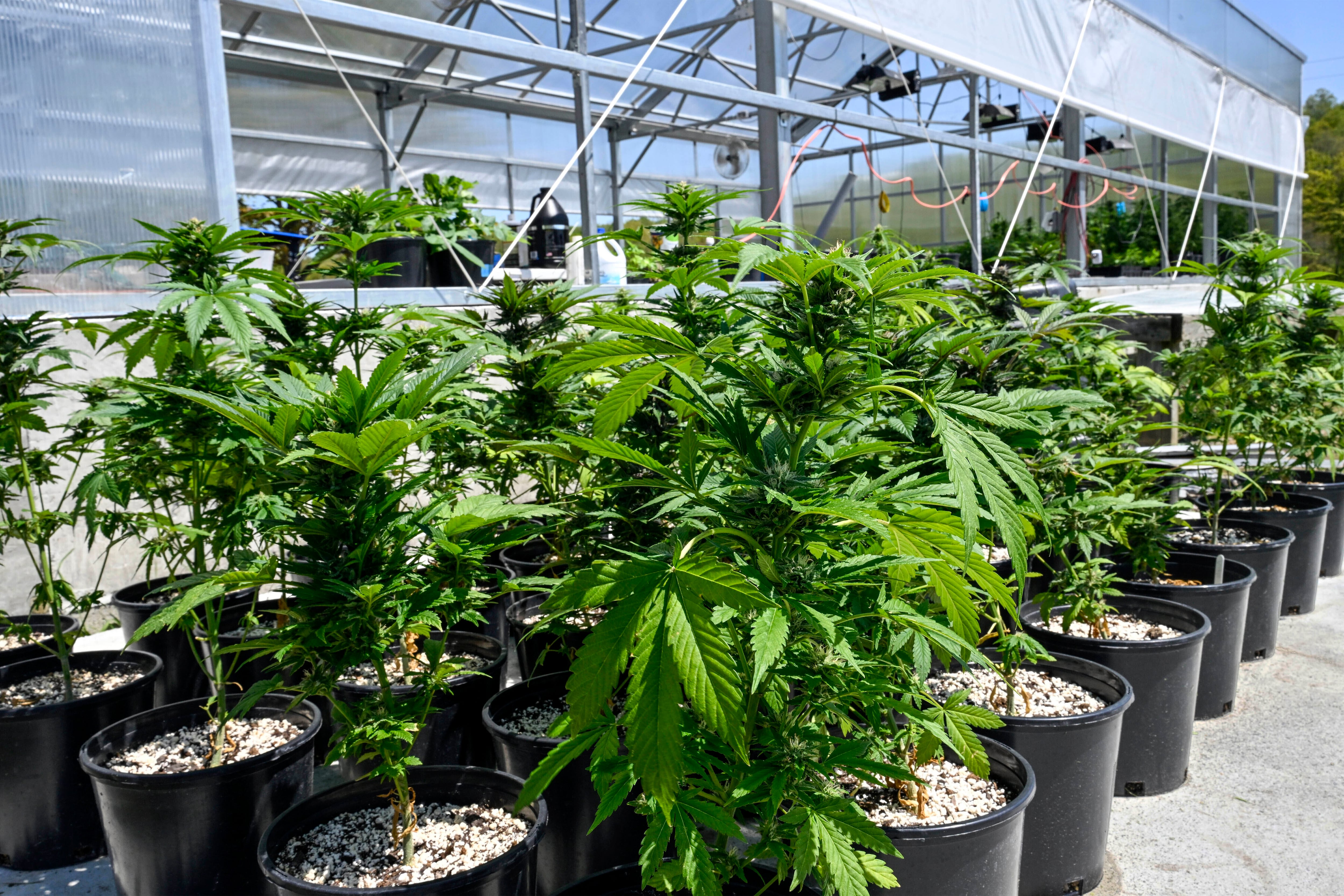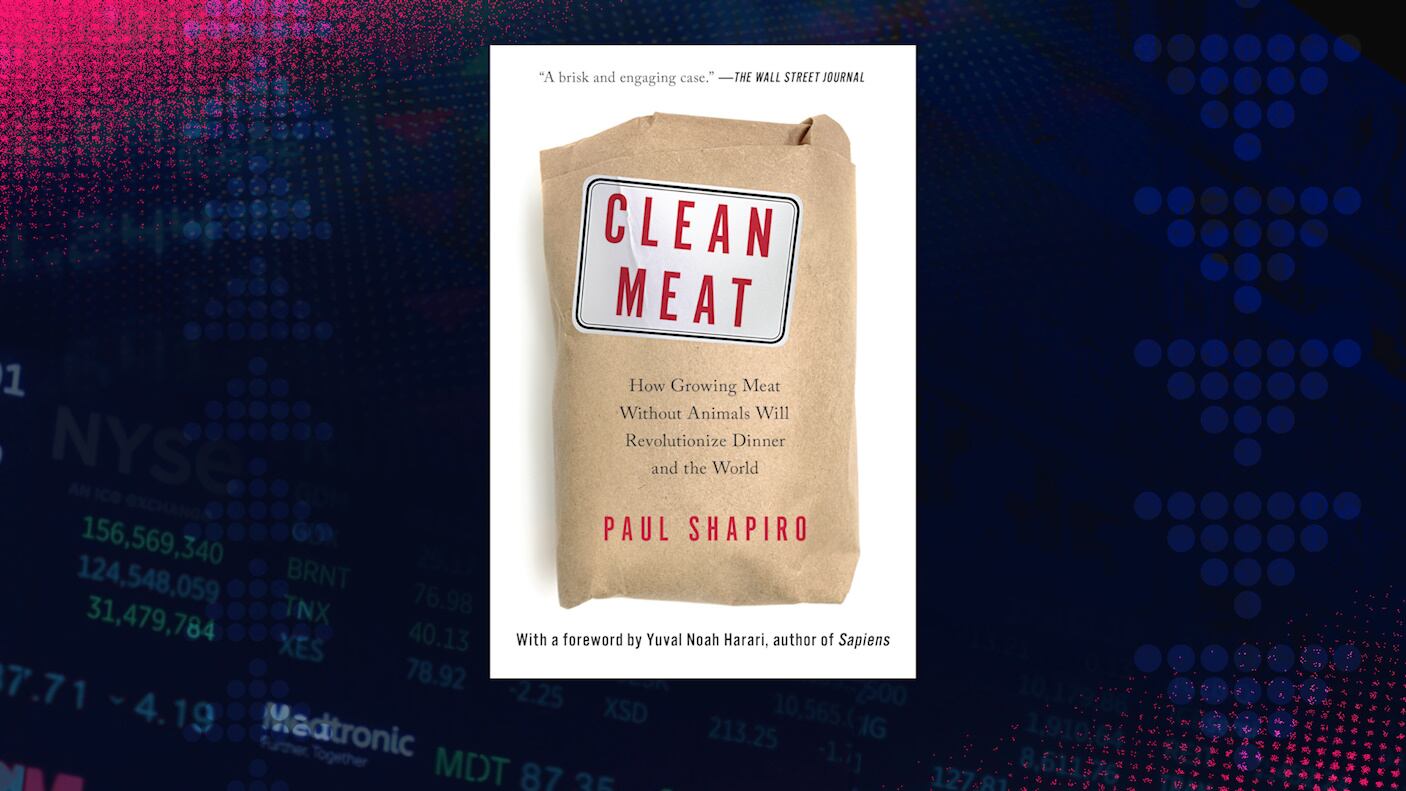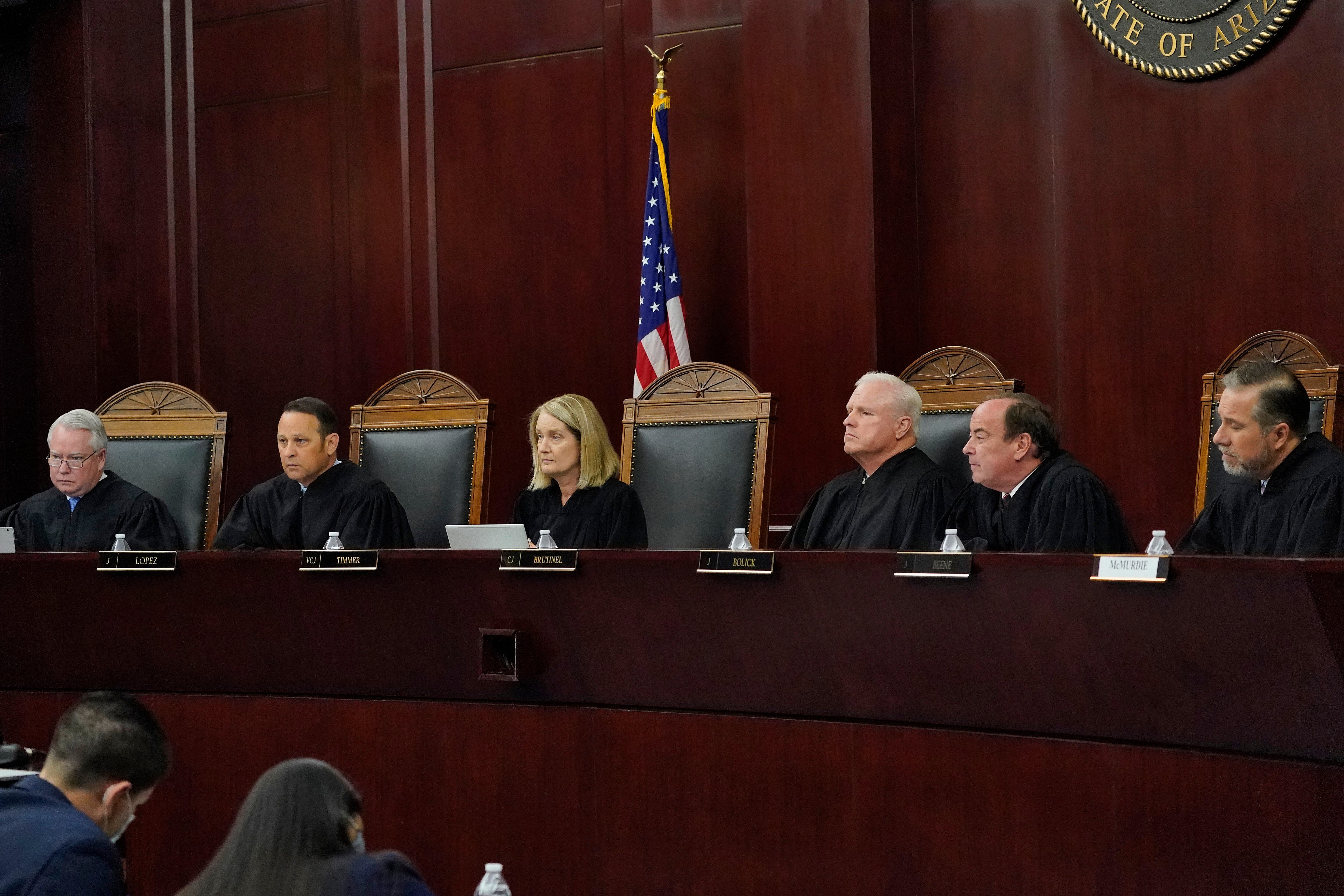*By Chloe Aiello* As the government shutdown enters a historic 28th day, one group has emerged as one of the hardest hit by the political conflict: the often-maligned face of airport security, Transportation Security Administration officers.. “It’s unfortunate that it had to take something like this for people to respect what we do, but it is what it is right now, unfortunately,” Frank Del Valle told Cheddar. He’s a 15-year veteran of the Transportation Security Administration, and works with his wife, Royda “Ro” Del Valle, at Newark Liberty International Airport in New Jersey. They are two of an estimated 800,000 government workers who have found themselves on the front lines of a battle between President Trump and Congress about border security. With the partial government shutdown, the longest in U.S. history, as it stretched into its 28th day, they’ve already missed one paycheck each and are beginning to feel the strain. “For the first two weeks ... we were kind of prepared, now it’s getting harder,” Ro Del Valle said. The two, parents to a 5-year-old son and 7-year-old daughter, have worked through several government shutdowns, but they didn’t expect this one to last for quite so long. Ro Del Valle said she thinks twice before leaving the house to save money on gas, and has begun planning more strategically around mealtimes. “Like a couple nights, me and the kids would just go to my mom’s to have dinner, just so we didn’t have to use what we had at home. My mom would make bigger portions to make it easier,” she said. Transportation Security Officers are among the lowest paid of government employees. The median salary for a TSA agent is about $41,000, [according to the Bureau of Labor Statistics](https://www.bls.gov/oes/2017/may/oes339093.htm#), meaning many of [the estimated 53,000](https://www.leahy.senate.gov/press/projected-impacts-of-a-trump-shutdown) live paycheck to paycheck. That makes it especially difficult when both caretakers work for the TSA. Kristina Rivera and her husband Rafael Rivera also both work for the Transportation Security Administration, filling critical roles, like screening bags and passengers at security checkpoints to keep flights safe out of Newark Airport. “Everybody has their own circumstances,” Kristina Rivera said. “My priority, for the most part, is my kid. It’s not affecting him yet, but I’m sure the next one’s going to affect him.” The Riveras live in Elizabeth, N.J., just a five or so minute drive from work, but Kristina Rivera sends her son, 15-year-old Xavier, to a private high school about 30 minutes away. Kristina jokingly calls it the “egghead” school, though she bursts with pride when she talks about it. A private education doesn’t come cheap. One year at Xavier's school can put a family out about $14,800 ー and that doesn’t even include the books. Rafael Rivera, who’s also been with the TSA for 15 years, took out a preemptive loan before the shutdown, but said it’s beginning to run low. And not all of his friends and colleagues were quite as prepared. “One of my coworkers told me he’s got $1.25 in his bank account. It’s going to be over pretty soon. He’s not going to be able to get back and forth to work,” said Rafael Rivera, who works as a Lead Transportation Security Officer. The TSA has seen a surge in absences since the shutdown began Dec. 22 and in the week since federal employees missed their first paycheck. TSA spokesperson Michael Bilello confirmed the agency saw unscheduled absences hit a national rate of 6.4 percent unscheduled absences on Jan. 17, compared to a 3.8 percent rate the same time last year. “Many employees are reporting that they are not able to report to work due to financial limitations,” [a TSA statement read](https://www.tsa.gov/news/releases/2019/01/18/tsa-statement-checkpoint-operations-january-18). Frank Del Valle and Ro Del Valle can empathize with the absentees. The couple have themselves been out a few days this week ー Ro has a back injury and Frank has been helping out. But Frank’s been considering driving for Uber, too. He applied to the company, and is just waiting for Uber to complete his background check. “Some officers have kind of put themselves out on furlough for now. If they have side jobs or other things to do to make money, they’re doing that,” Ro Del Valle said. “People are worried … even though people understand what’s going on, they still have rent to pay, they have mortgages to pay, they have car payments, and credit cards.” Government employees aren't the only Americans impacted by the shutdown. The furloughs have had a ripple effect on related businesses as well. That includes the Terminal One Sports Bar in Elizabeth, N.J. New Jersey, Situated less than a mile from Newark, it’s the first place south of the airport to sit down for a warm meal or a beer. Owner Nash Pinto said about 50 percent of his clientele comes from the airport. “This bar is a meeting place for the airport,” he said, adding that employees often come in groups. “We are very much tied into the airport and what goes on there.” He said business is down 20 percent over the last three weeks ー that kind of decline can be devastating in an industry that already has tight margins. “I’ve had customers of mine already saying that I might not be seeing them until this gets resolved. It’s that direct where they’re literally saying I don’t know if I can come out because I don’t know if I am going to get paid,” he said. As Pinto and his staff wait out the shutdown alongside federal employees, he said he’s working on putting together some deals for those impacted by the shutdown to let them know “we are in this together.” Federal employees are scheduled to receive a paycheck next Friday. But if the shutdown stretches on much longer, they’ll miss that one too. At what point does it make sense just to give up and look for another job? Frank and Ro Del Valle have put in almost 30 years combined with the agency. They said leaving wouldn’t be an option unless “there’s no more hope.” Hope and a sense of humor are also keeping Kristina Rivera on the job during the shutdown. Rivera, who has been with the TSA for about six years, said she hasn’t missed a single day of work since the shutdown started and estimates that 98 percent of the staff on her checkpoint has continued to show up as well. “We’re each other’s moral support. We are a very close knit group, my checkpoint. I know it's not the same for everybody else, but for us, our closeness is everything,” she said. “My super troopers are ー we are definitely keeping each other up, we are keeping each other laughing there … If you let us get depressed, that’s a lot of people that will stop showing up,” she added. Airports in Houston, Atlanta, and Washington, D.C. have [reportedly](https://www.nytimes.com/2019/01/14/nyregion/tsa-shutdown-airport.html) started closed some checkpoints or security lanes to respond to rising absence rates among TSA agents and there have been spikes in wait times at select airports. But overall, the TSA said in a statement that wait times haven’t seen much impact yet. On Jan. 17, 99.7 percent of passengers waited less than 30 minutes and 94.2 percent of passengers waited less than 15 minutes, the TSA said. Rafael Rivera said he felt communication from higher ups has been good, especially with matters like [the $500 award](https://www.cbsnews.com/news/tsa-workers-to-get-500-bonus-during-shutdown/), essentially a holiday bonus, that TSA agents are expected to receive soon. But at the end of the day, morale alone won’t pay the bills, and these transportation security officers are ready to open the government back up. President Trump said in December that many government employees actually support the shutdown, because they support building a border wall. Rafael Rivera called that "somewhat delusional." Ro Del Valle was more measured, saying she supports border security, but hates feeling like a political pawn. “I’m for border security ー it’s not that I’m not ー but not at the cost of hundreds of thousands of American workers. Not like this,” she said. “To put all these families at risk? No. Then, you’ll get your wall and what happens to us?”
